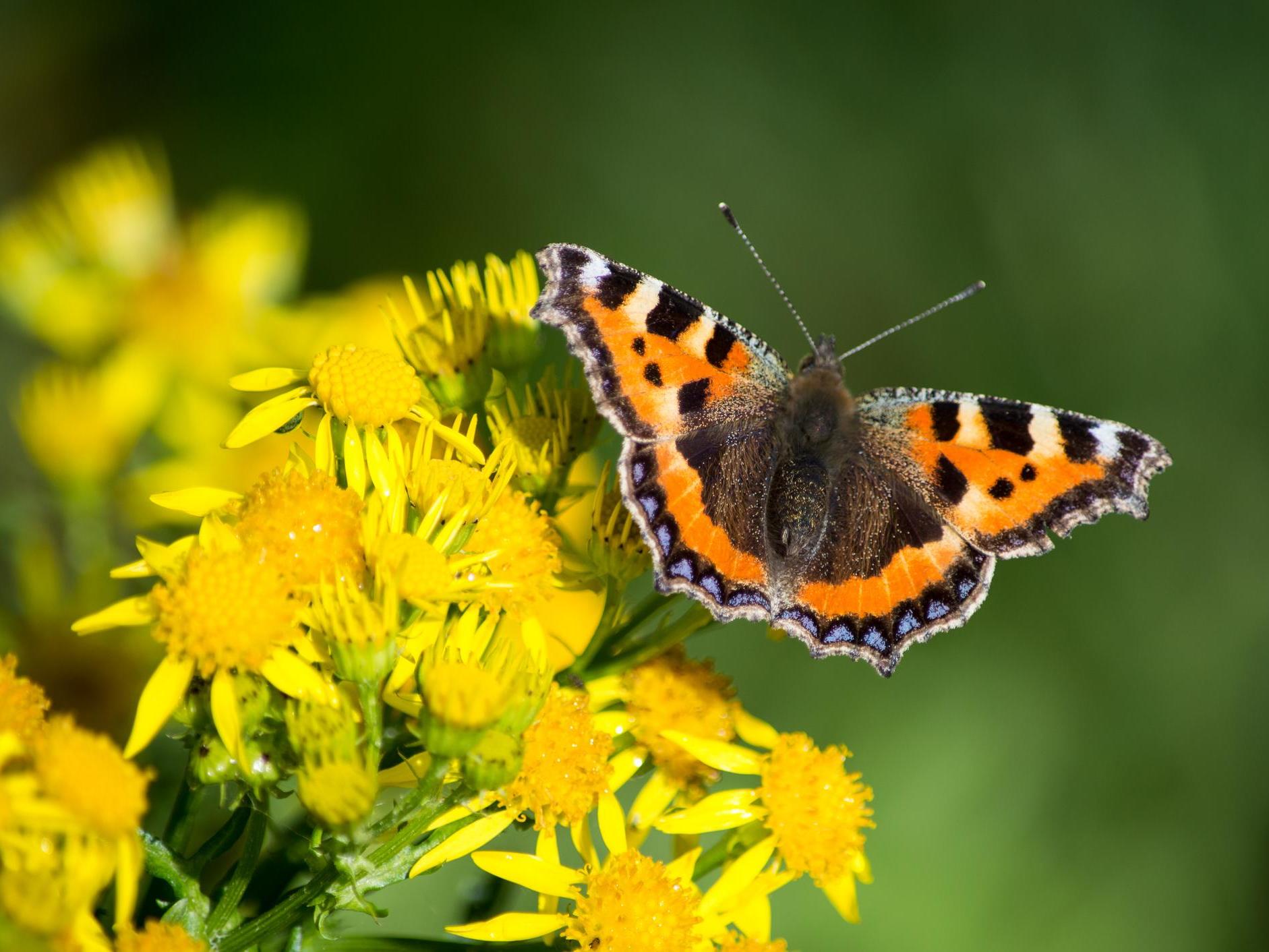Mass insect extinction within a century threatens 'catastrophic' collapse of nature’s ecosystems, scientists warn
Agricultural pesticides, pollution and climate change wiping out species at 'alarming' rate, according to global scientific review

Pesticide use is driving an “alarming” decline in the world’s insects that could have a “catastrophic” impact on nature’s ecosystems, researchers have warned.
More than 40 per cent of insect species are at risk of extinction with decades, with climate change and pollution also to blame, according to a global scientific review.
Their numbers are plummeting so precipitously that almost all insects could vanish within a century, the study found.
An overhaul of the agricultural industry is “urgently needed” to “allow the recovery of declining insect populations and safeguard the vital ecosystem services they provide,” wrote co-authors from Sydney and Queensland universities.
The biologists conducted a systematic review of 73 historic reports of insect declines across the world.
Ten per cent of known insect species have already become extinct, compared to one per cent of vertebrates, they found. Of the insects that remain, 41 per cent are in decline.
Over the past 30 years, the total mass of all insects dropped an average of 2.5 per cent annually. The “dramatic” fall suggest none will be left in 100 years, warned Francisco Sanchez-Bayo, of the University of Sydney’s School of Life and Environmental Sciences.
“The rate of decline is really huge,” he told BBC Radio 4’s Today.
Butterflies and moths are among the worst affected, along with bees and dung beetles. Researchers said “a considerable proportion” of aquatic fly species had also been lost already.
The review highlighted four key drivers of extinction: habitat loss caused by agriculture, urbanisation and deforestation; pollution; biological factors such as invasive species and diseases; and climate change.
Agriculture was the “main culprit” in 40 per cent of the studies reviewed, with researchers highlighting “the way we apply pesticides” as a particular threat.
“We have been doing agriculture for thousands of years and we have never seen these declines,” said Dr Sanchez-Bayo. “The introduction of systemic insecticides has been in a big change in the way we do agriculture these days.”

The review, published in the journal Biological Conservation, said: “Unless we change our ways of producing food, insects as a whole will go down the path of extinction in a few decades.
“The repercussions this will have for the planet’s ecosystems are catastrophic to say the least.”
Researchers added dwindling insect populations were further evidence of a sixth mass extinction underway among animal and plant species worldwide.
A study published by researchers at Aarhus and Gothenbury universities last year warned mankind was killing off species so rapidly that evolution was unable to fill in the gaps.
Join our commenting forum
Join thought-provoking conversations, follow other Independent readers and see their replies
Comments
Bookmark popover
Removed from bookmarks